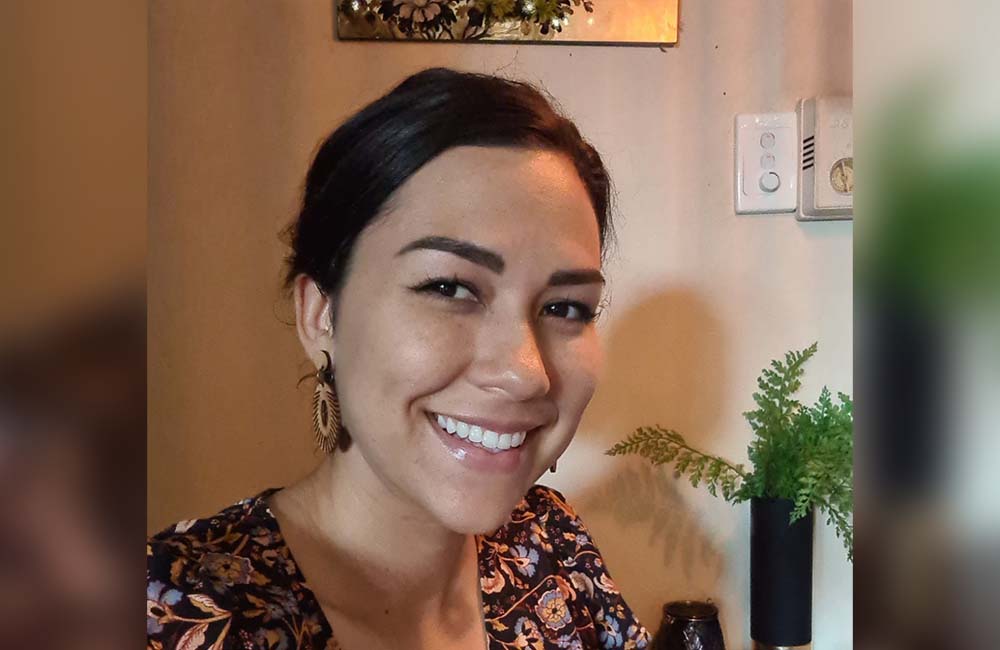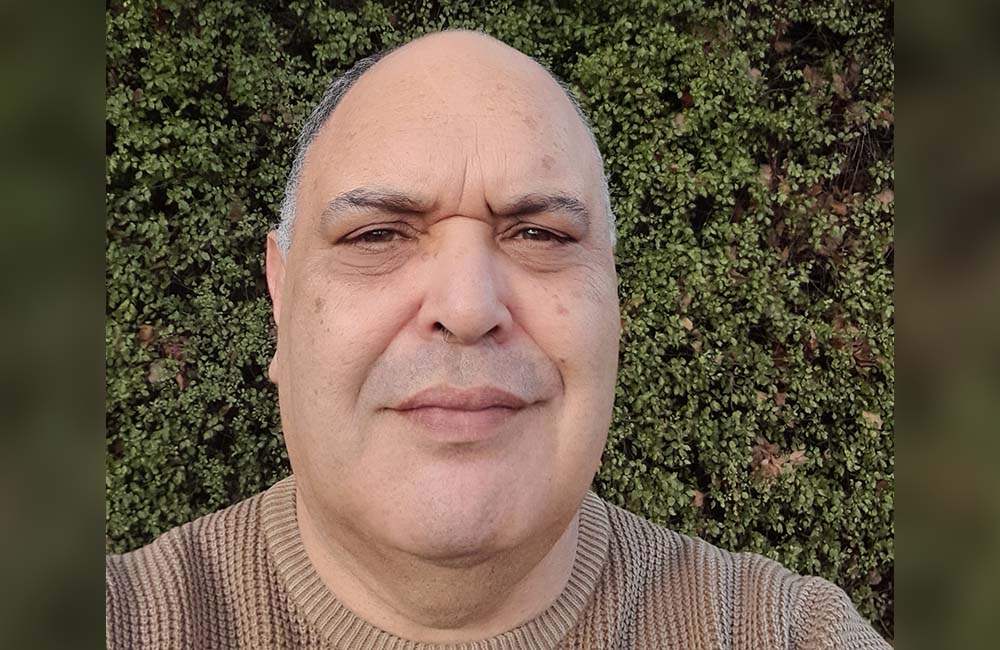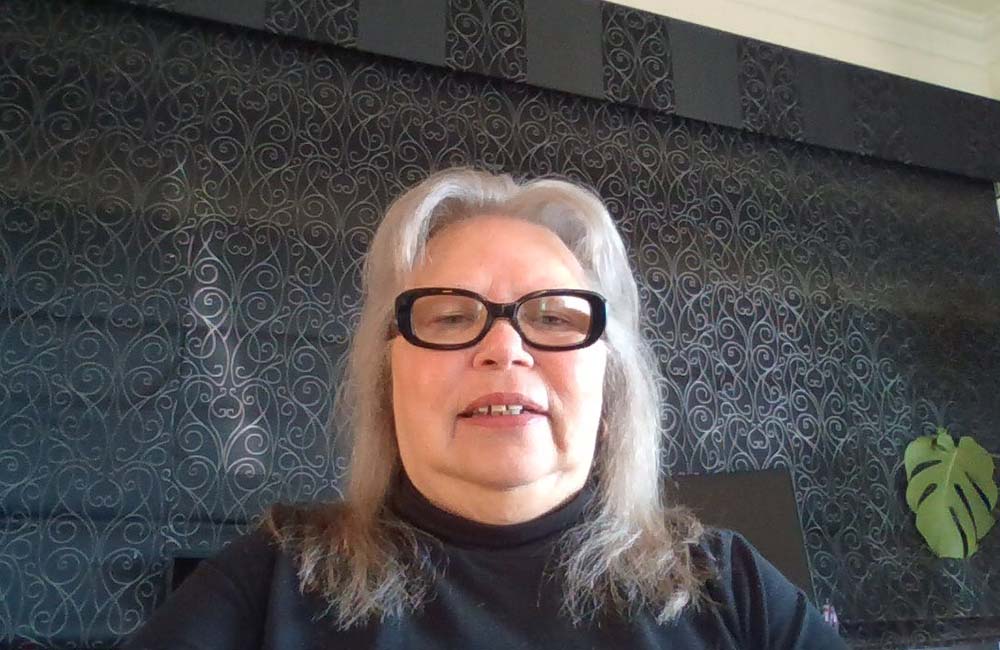Our staff reflect on what it means to them
NAIDOC Week celebrates the history, culture and remarkable contributions of Aboriginal and Torres Strait Islander peoples. It’s a chance for all Australians to learn more about the oldest, continuous living cultures in the world. Save the Children Australia works with many First Nations communities and is supported by an incredible First Nations workforce. In recognition of this, we spoke with three team members who embody what it takes to get up, stand up, show up every day for children’s rights.

Mena Waller, Practice Development Manager, Australian Services
What does NAIDOC Week mean to you?
Mena: NAIDOC Week is a really great opportunity to reflect on all the amazing First Nations people we have in Australia and the fantastic work they do…showcasing their many talents and achievements. I think it's an opportunity to also look at our past and what that has meant for our present. What I hope people take away from NAIDOC Week is learning from and promoting Aboriginal and Torres Strait Islander ways of doing, being and knowing - we have such a rich and sophisticated culture.
Lee: NAIDOC Week was created by many Yorta Yorta people, which I belong to, and it was about having recognition and understanding our need towards building that self-determination for ourselves, but to be included in the conversations that were excluding us. Today I think that still needs to remain a key point in Australia moving forward and really offering that full recognition of the First Peoples.
Deb: NAIDOC Week means to me a chance to catch up with some old mates, community friends, some colleagues, and to celebrate with my community our achievements and some of the work that’s still to be done and where I can get involved.

Lee Joachim, Regional Manager, Australian Services
This year’s theme – “get up! stand up! show up!” - encourages all of us to champion change. How do you think we move beyond just acknowledgement and words?
Mena: For me, it's really about understanding and promoting the agency of self-determination… to do that we really have to build authentic relationships with our community partners, with our families and of course with children and young people. To build relationships on trust, mutual respect and really come with an intent to listen and learn and work together towards better change in this country. I think we have to really continuously reflect on what and how we approach our work and really live the values that we support.
Lee: It's about children's voice. It's about First Nations voice. When the First Nations Voice is integrated and embedded across all planning, decision-making, resource allocation and operational delivery, then we will extend beyond awareness and compliance, to consistent practical application and the lived experiences of everyone walking with Save the Children. We will all be part of creating our shared Songline as we progress towards a fully integrated ecosystem where everyone experiences self-determination in the spirit of From the Heart.
Deb: I think there's been much progress around some of this. I remember talking with people years ago about, for example, those sorts of changes, symbolic in some of them where 35 or 40 years ago, you wouldn't have seen an Indigenous flag flying above council offices or anywhere else for that matter. So, the ‘get up! stand up! show up!’ can apply further in all the spaces we all interact with and that will be in our planning, in our inclusion - identifying and recognising the First Peoples in stronger ways of citizenship.

Deb, Team leader, Gungarri woman with extended family in Shepparton and Echuca.
It's important to celebrate those who've already driven and led change - who has inspired you?
Mena: I look back on my own family, what they've achieved. I have aunties, I have uncles, I have grandparents, I have cousins, extended family, my father. Whether it's designing programs, embedding First Nations science into education, whether it's leading in their community, native title, or simply committing their career to support the advancement of our mob. My dad particularly has been one of my biggest inspirations in his tireless efforts for change at a grass roots level.
Lee: My inspiration is my grandmother who lived in the period of mission control and who lived and raised her kids on the riverbank, to finally being able to move into the town in the 60s. But beyond that, to understand how she fought the legal system to have land handed back to us as a people to utilize for the need where we had no medical services available to us as a people. Social justice issues were quite huge in our community at the time and housing was an issue.
Deb: Many, many of have inspired me. I've been inspired by Vincent Lingiari with the Wave Hill walk off... Noel Pearson's inspired me, Stan Grant inspires me. My biggest inspirations have been those close to home, which has been my mother. And you know that struggle and that adversity that she had to come through from here, from this country and to survive it. And now I'm looking at, you know, fifth generation - just in my family – of how I can continue to feel inspired by my own family groups.
What changes are needed to improve Aboriginal and Torres Strait Islander children's rights?
Mena: We know that many Aboriginal and Torres Strait Islander children aren't having their basic rights met. That includes access to health, housing, nutritious food, education, their right to culture, to grow up with their family and community, and to physical and mental wellbeing. Aboriginal and Torres Strait Islander communities have been bringing up children for thousands of years and have an innate knowledge of how to support their rights and wellbeing at a fundamental level, and I think we need to really listen and learn from communities, so we get it right.
Lee: It's always going to go back to that inclusion process, and to ensure that we are including everyone in the planning, the decision making, the allocation and the operational delivery of services. So, it's not an easy answer to provide, but we have to consider how we work in a united front to ensure that all children, but specifically the Aboriginal children and the Torres Strait Islander children have a right and are considered in the bigger picture without being excluded.
Deb: The changes that are needed are those about healing. Healing our people, healing our children. That intergenerational trauma needs to be healed, supported and worked through. For our children to have the voice and the capacity and abilities to thrive and survive with others and alongside others, we need to embed their identity and their sense and connection to country.
Aboriginal and Torres Strait Islander children are the riches of this country, and the investment into those early years for children is critical to seeing a future that can be embraced and sought after by many.
Save the Children supports the Uluru Statement from the Heart including a constitutionally enshrined First Nations Voice and a Makarrata truth telling commission and process - make your support known throughout your networks with resources available at: https://ulurustatement.org/